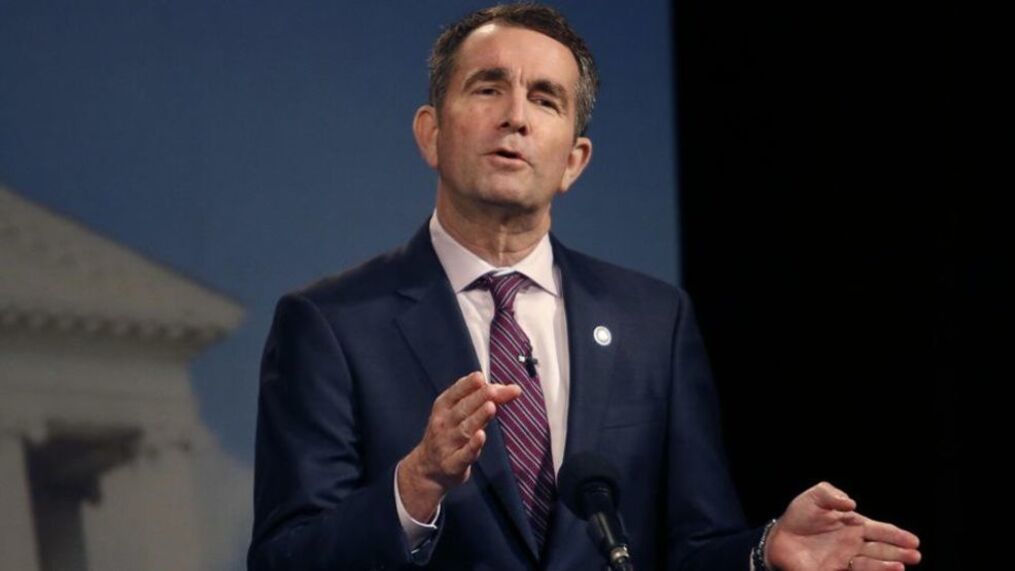Governor Northam Approves Voting Rights Act of Virginia
Nearly eight years after U.S. Supreme Court invalidated key provisions of the 1965 federal Voting Rights Act, new state law will protect and expand access to the ballot box
Governor Ralph Northam today announced he has approved the landmark Voting Rights Act of Virginia, providing comprehensive protections against voter suppression, discrimination, or intimidation. He made minor technical amendments to Senate Bill 1395, sponsored by Senator Jennifer McClellan, and House Bill 1890, sponsored by Delegate Marcia Price, which prohibit any state or local policy from denying or restricting the right to vote of any Virginian simply because of their race, color, or membership in a language minority group. Virginia is the first state in the nation to enact its own version of a voting rights act.
“At a time when voting rights are under attack across our country, Virginia is expanding access to the ballot box, not restricting it,” said Governor Northam. “With the Voting Rights Act of Virginia, our Commonwealth is creating a model for how states can provide comprehensive voter protections that strengthen democracy and the integrity of our elections. I am proud to support this historic legislation, and I urge Congress to follow Virginia’s example.”
Much like the John Lewis Voting Rights Advancement Act proposed at the federal level, the Virginia law will restore and build on provisions of the since-gutted 1965 federal Voting Rights Act. In June 2013, the United States Supreme Court struck down the requirement that several counties and nine states with a history of racial discrimination—including Virginia—seek pre-clearance before making voting changes. Since that time, dozens of states have considered and passed new laws that restrict voting rights.
“The Voting Rights Act of Virginia is a huge victory for our democracy,” said Senator Jennifer McClellan. “While other states are threatening voting rights, Virginia took a major step today to protect the right to vote. I am proud that our Commonwealth is leading the way, becoming the first state in the South to pass a Voting Rights Act. This law will help to safeguard every Virginian’s access to the ballot for generations to come.”
The Voting Rights Act of Virginia prohibits discrimination in elections administration, requires local election officials to get feedback or pre-approval for voting changes, and allows individuals to sue in cases of voter suppression. It requires localities seek public comment or pre-approval from the Office of the Attorney General on any proposed voting changes, and empowers voters and/or the Attorney General to sue in cases of voter suppression. Civil penalties awarded as a result of voting discrimination will go towards a newly-established Voter Education and Outreach Fund. Additionally, the Voting Rights Act of Virginia prohibits at-large local elections if they dilute the voting power of racial minorities. It also ensures accessibility by requiring local election officials provide voting materials in foreign languages, as needed. The Governor’s minor technical amendments clarify that certain provisions apply to all localities not just “covered jurisdiction(s).”
“Virginia is standing strong against a coordinated and intentional effort to restrict voting rights across the nation,” said Delegate Cia Price. “These targeted restrictions are designed to disenfranchise people of color, working Americans, and non-native English speakers. With this bill, our Commonwealth is taking the opposite approach and we are making a bold statement against voter suppression. We are upholding the dignity, voice, and vote of all Virginians.”
The Governor is also building on the Commonwealth’s efforts to ensure all Virginians had equitable access to the ballot box during the COVID-19 pandemic by approving House Bill 1888, sponsored by Delegate Schulyer VanValkenburg, and Senate Bill 1245, sponsored by Senator Creigh Deeds. These measures require localities to establish drop off locations for the return of absentee ballots, include prepaid return postage on absentee ballots, and allow voters to fix mistakes they may have made on their absentee ballot envelopes. These bills also ensure Virginians who are blind or vision impaired have the tools they need to cast their vote.
The Governor has until midnight on March 31, 2021, to act on legislation passed during the 2021 special General Assembly session.


